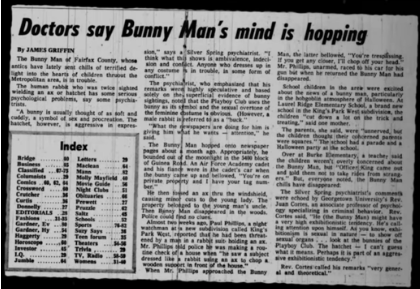Recently it’s been hard to take two steps without hearing someone complain about taxes. Most people can deduce that taxes aren’t everyone’s favorite spring activity, but most younger individuals don’t know what taxes are, why we have to pay them, and how we pay them.
Taxes are mandatory contributions collected from individuals and corporations by the government. In the United States, the Internal Revenue Service (IRS) collects federal income taxes. The revenue generated from taxes is essential for funding government activities like roads, education, Social Security, and healthcare programs like Medicare. There are many types of taxes income, property, sales, payroll, and more.
For individuals under 18, the main form of taxation that may apply is income tax. However, not all minors will need to file taxes. Whether a minor needs to file taxes depends on factors such as the type and amount of income that is earned. If you’re unsure, you should consider getting advice from a licensed tax professional.
In Virginia, tax filing requirements can vary based on factors like age, filing status, and income level. Generally, individuals are obligated to file taxes when their income meets certain levels. These levels are different for different people.
When starting a job, individuals may be required to complete a federal form called W-4. This tells employers how much money to withhold from your pay throughout your employment. The form requires information such as your marital status, your dependent status (people that you take care of), and even if you have other forms of income like a second job. Based on your answers to these questions you’ll fall into certain categories (tax brackets) that dictate the amount of taxes you owe in a single year.
For those under 18 years of age, who have made at least a certain amount of income, typically around $12,000 in Virginia, and need to file taxes, their employer will provide a W-2 form at the end of the year. The W-2 is essentially a summary of how much money you made that was taken out of your paycheck throughout the year. At the beginning of the following year, between January 1st and April 15th, you’ll need to complete a form 1040. This is where you can update life changes like marital and dependent status. But don’t worry, companies like H&R Block and TurboTax have simplified this process for filers. However, these companies usually charge a fee for their services. You can also explore free filing options available directly from the IRS if eligible.
While many students with part-time jobs may not find themselves filing taxes immediately, having a good grasp of tax obligations can prove to be as essential as passing geometry. While you might not be identifying isosceles triangles, It’s important to keep informed.








